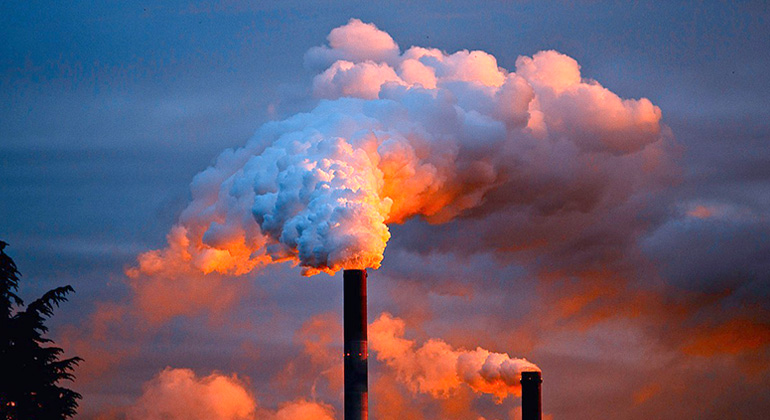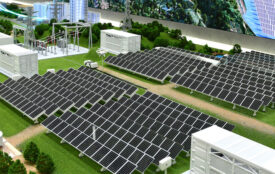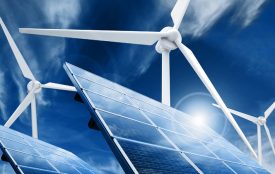Ireland’s mitigation plan outlines incremental and permanent decarbonization steps
Green campaigners criticize plan’s lack of ambition.
200-page plan proffers detailed breakdown of Ireland’s pathway towards decarbonization and greater energy efficiency by 2050. Key tenet is transition from centralized, fossil-fuel based electricity system to a low carbon power system. Green campaigners criticize plan’s lack of ambition.
Ireland yesterday published its National Mitigation Plan, prepared in line with its Climate Action and Low Carbon Development Act, 2015, and designed to complement the country’s Paris Agreement commitment towards lowering its emissions.
The 200-page document, with a foreword by new Taoiseach Leo Varadkar, outlines in great detail the nation’s next era of energy engagement through to 2030 and 2050.
However, despite a whole chapter dedicated to decarbonising electricity generation, solar is given relatively short-shrift in the plan, with Ireland’s government seemingly keener to back bioenergy and offshore renewable generation in the form of wind power.
Ireland’s minister for communication, climate action and environment Denis Naughten said: “The National Mitigation Plan provides a sustained, considered and strategic approach to incremental and permanent decarbonisation involving all of government and society.
“As a country we are playing catch-up on our obligations in relation to climate change. This obligation is as much an opportunity as an obligation. In any event, it is a moral necessity and a vital national interest.”
In the third chapter of the plan, solar PV is discussed as one of the range of technologies under consideration by Ireland’s DCCAE (Department of Communications, Climate Action and Environment) under the new Renewable Electricity Support Scheme that is currently being developed.
However, greater attention is paid to grid improvements, a more digital connectivity and finalization of new wind energy guidelines – designed to expedite Ireland’s shift away from coal and peat consumption. Friends of the Earth criticized the plan for failing to set an end date for the burning of coal and peat.
Solar power is, though, mooted as a potential driver for the uptake in community participation of renewable energy, with a proposal also put forward in the plan for a study on how best to phase out the Moneypoint coal-fired power station by 2019.
“There’s nothing concrete on supporting small-scale solar to actually enable communities take part in the energy transition by making schools, sports clubs and parish halls into locally-owned power plants, something the Taoiseach [Leo Varadkar] himself says he supports,” said Friends of the Earth’s Oisín Coughlan.








